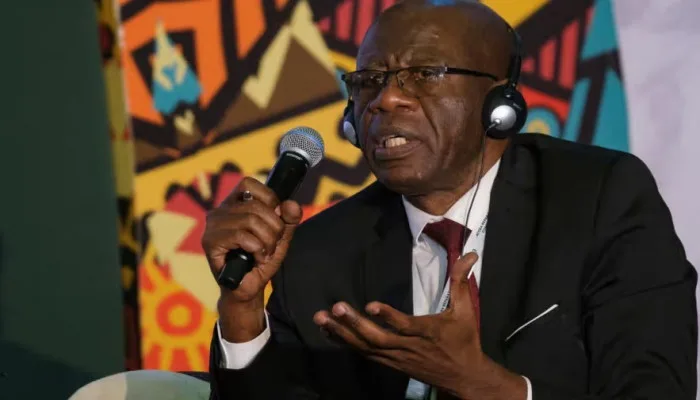
A global initiative to seek reparations for slavery emerged during a summit in Ghana, where the African Union joined forces with Caribbean nations to create a “united front.” The goal is to persuade European countries to acknowledge and compensate for “historical mass crimes.”
The collaboration between the 55-member African Union and the Caribbean Community (Caricom), consisting of 20 countries, seeks to increase pressure on former slave-owning nations to actively participate in the reparations movement. Delegates at the summit also announced the establishment of a global fund based in Africa, designed to expedite efforts within the reparations campaign.
Following the conference, a preliminary proclamation circulated, leaving the precise details of reparations unspecified. However, it stated the African Union’s intention to investigate “litigation options” and work with the United Nations to evaluate whether past acts of enslavement against Africans amounted to significant human rights violations. The finalized version of this document, named the Accra Proclamation, is expected to be unveiled this weekend.
Opening the conference, Ghana’s president, Nana Akufo-Addo, said, “The entire period of slavery meant that our progress, economically, culturally, and psychologically, was stifled. There are legions of stories of families who were torn apart … You cannot quantify the effects of such tragedies, but they need to be recognised.”
The “entire continent of Africa deserves a formal apology from the European nations involved in the slave trade.” He added, “No amount of money can restore the damage caused by the transatlantic slave trade and its consequences. But surely, this is a matter that the world must confront and can no longer ignore.”
Delegates from the African Union journeyed to Barbados in July to initiate discussions on collaborative efforts with Caribbean nations. Carla Barnett, Caricom’s secretary general, told the conference: “We are at an important inflection point in the global movement for reparatory justice.” She said it was critical to “speak with one voice to advance the call for reparations”.
The British Foreign Office stated that an official attended the conference as part of standard diplomatic engagement. However, the UK government remains resistant to the idea of reparations. Earlier this year, when questioned by Labour MP Bell Ribeiro-Addy about offering a full apology and committing to reparatory justice for the country’s role in slavery and colonialism, UK Prime Minister Rishi Sunak responded with a firm “no.” Sunak emphasized the importance of fostering an inclusive and tolerant society, expressing the view that attempting to unravel history is not the right approach. This stance is echoed by the new Foreign Secretary, David Cameron, who expressed a hope to move on from its painful legacy.
Progress has been observed in acknowledging historical wrongs. German President Frank-Walter Steinmeier expressed “shame” for colonial atrocities in Tanzania, and Germany officially recognized the genocide in Namibia, pledging over £940m. Dutch Prime Minister Mark Rutte apologized for the Netherlands’ role in the slave trade. While King Charles acknowledged injustices in Kenya, he stopped short of a formal apology. Delegates are encouraged by instances like Glasgow University’s £20m payment and the Church of England’s £100m pledge for past wrongs. The Heirs of Slavery movement, formed by descendants of British enslavers, supports reparatory justice.
Ribeiro-Addy, who chairs a parliamentary group on reparations, views the African Union’s collaboration with Caricom as a significant step forward, sending a clear message that reparations can no longer be ignored. David Comissiong, Barbados’s ambassador to Caricom, sees the conference as a historic moment, with people encouraged by the global reparations movement’s progress.
Image source: The Guardian

